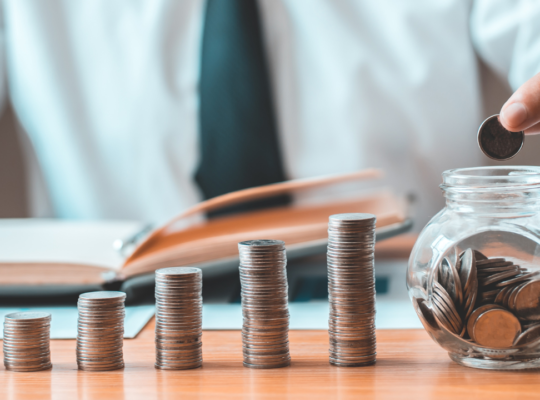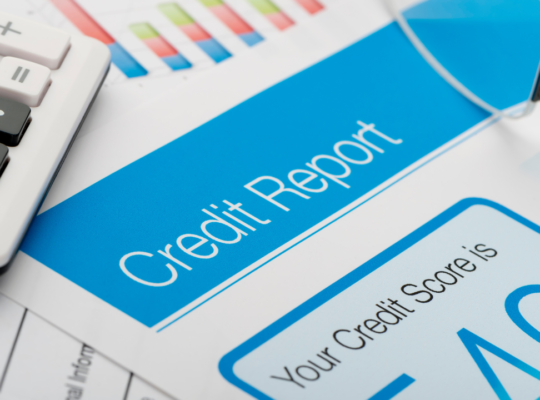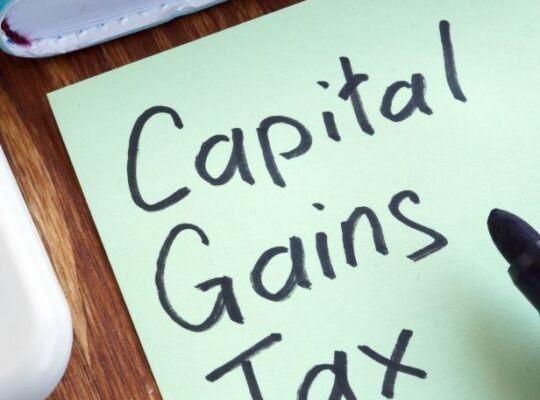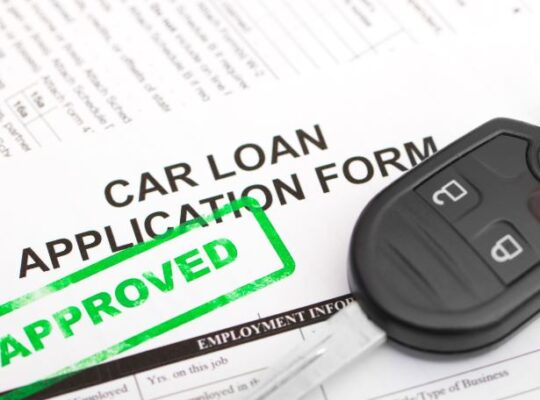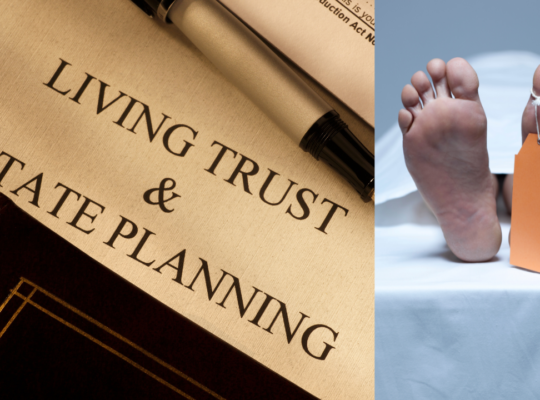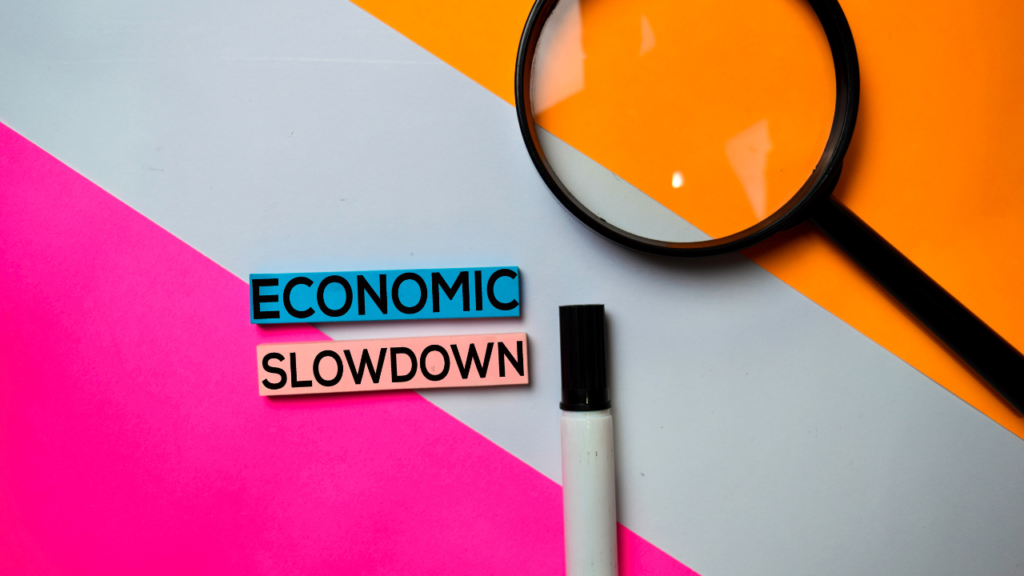
Many of us would have faced economic slowdowns in their lives. Many economists, business leaders, and experts predict economic slowdowns: some happen, but some do not happen. Strengthening your financial position is crucial during such times of economic slowdowns.
Build a solid budget, boost your cash reserves, reduce debt, protect your credit, and take proactive steps to navigate the crisis effectively.
There are sometimes bright spots if you know where to look. Some savings accounts are producing higher returns than they have in more than ten years due to rising interest rates. If you play your cards correctly, a recession may be a surprisingly opportune moment to launch a firm if you have the entrepreneurial urge.
Much of the advice in this blog post is valid regardless of the state of the economy, even if a downturn doesn’t materialize or if the anticipated downturn turns out to be light. If you are always equipped for a recession by following the points outlined below, you will not have to adjust your investing plan, emergency fund, or withdrawal plan when a downturn occurs.
Table of Contents
PREPARE AND REVIEW YOUR BUDGET
A strong budget is the cornerstone on which you may build additional responsibilities, such as setting aside money for an emergency fund, paying off debt, and making retirement plans. Even if you believe that your goals for expenditure, saving, and debt repayment are on pace, a budget may offer you a feeling of authority over your finances, which is especially consoling during uncertain economic times and periods of high inflation.

You might divide your money according to the 50-20-30 method as a general rule of thumb. In accordance with this plan, 50% of your net income is allocated to cover necessities like your rent or mortgage payment, required loan payments, insurance, electricity, food, and fuel. You should set aside 20% of your income for financing your retirement, investment, and savings accounts. The remaining 30% goes towards discretionary expenses like entertainment, cable or online streaming subscriptions, travel, and hobbies. You can modify the categories as necessary. For instance, if you’re determined to pay off your debts, you may boost the percentage of your earnings allotted to that goal.
The recreational category, which accounts for 30% of your expenditure, is probably where you should start cutting back if you want to free up more money for savings or debt payback. You may cut back on eating out or cancel subscriptions to services you just seldom use. Verify to see whether local grocery store has a discount app, and sign up for the shop’s loyalty programme to guarantee you receive any member discounts or reward points for your shopping.
The ultimate aim is to spend cash that you have had for at least 30 days. To avoid living paycheck to paycheck, use the money from last month’s income to cover this month’s bills.
ACCUMULATE AN EMERGENCY FUND
An emergency fund is a pool of readily available money that you can use if you need to pay a major, unforeseen expense, such as auto repairs, or a hospital stay, or to temporarily replace your income after losing your job. Save three to six months’ worth of living costs in your emergency fund as a minimum. Yet, when a recession is approaching, it’s a good idea to supplement your income, especially if your employment is at risk of layoffs. A company owner or someone working in an industry where layoffs are frequent may desire to save up 12 months’ worth of expenses as cash.
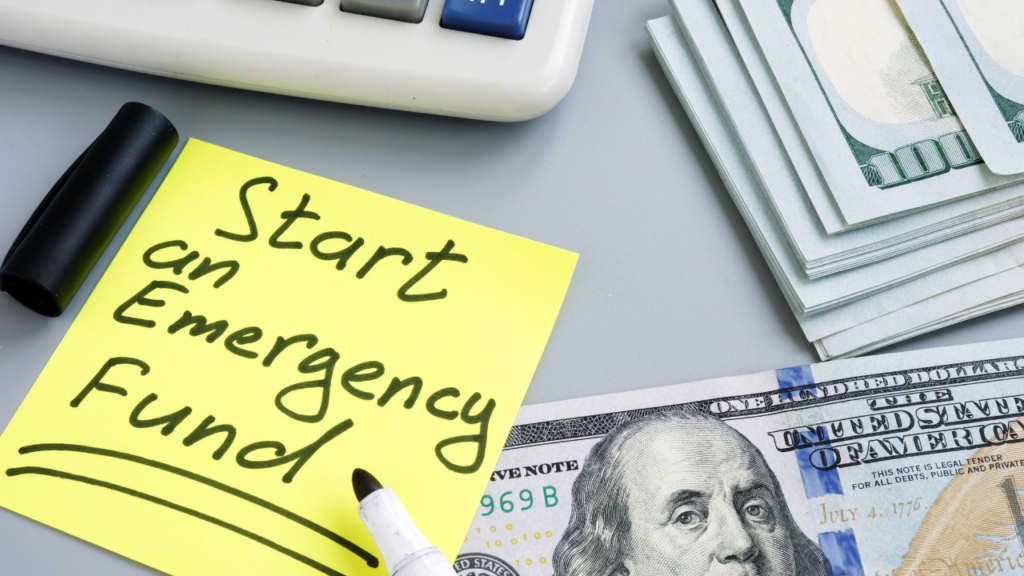
The ideal place to keep your emergency cash is often a savings account or other liquid assets such as liquid funds. These accounts often allow for rapid cash withdrawals, but to ensure that your money is safe and secure, you must keep your savings with reputable banks or mutual funds that are too big to fail.
DEALING WITH YOUR DEBT
To keep inflation under control, central banks throughout the world hike short-term benchmark interest rates. The economy will decelerate as a result of the rapid increase in interest rates. If the benchmark rate rises, so will interest rates on mortgages, car loans, and other loans. The majority of credit cards have a variable rate, so as the benchmark rate rises, so does the rate you pay on the card’s balance.
High-rate payments on credit cards are among the burdensome sorts of debt. Credit card interest rates are frequently in the double digits, with an average of more than 18%. According to a research conducted in the United States, those with credit card debt have paid an additional $25.6 billion in interest costs as a result of rate increases in 2022.
The likelihood is that it makes more sense to prioritise paying off credit card debt than, say, a vehicle loan or education loan, which probably have lower interest rates. Moreover, see whether you can move the debt to a card with a lower Annual interest rate. But continue making at least the minimum repayment on your other debts as well. Also, keep in your mind that before increasing some forms of debt repayment, you might wish to put any additional money into your emergency fund if it is running low. You will want funds to get by if your income is stopped or decreased.
Paying off high-interest credit card debt is always a nice thing. If you find yourself struggling to pay your debts, get in touch with your lenders and try to come up with a new repayment strategy. Your lender could be ready to cut your interest rate or postpone certain payments for a while.
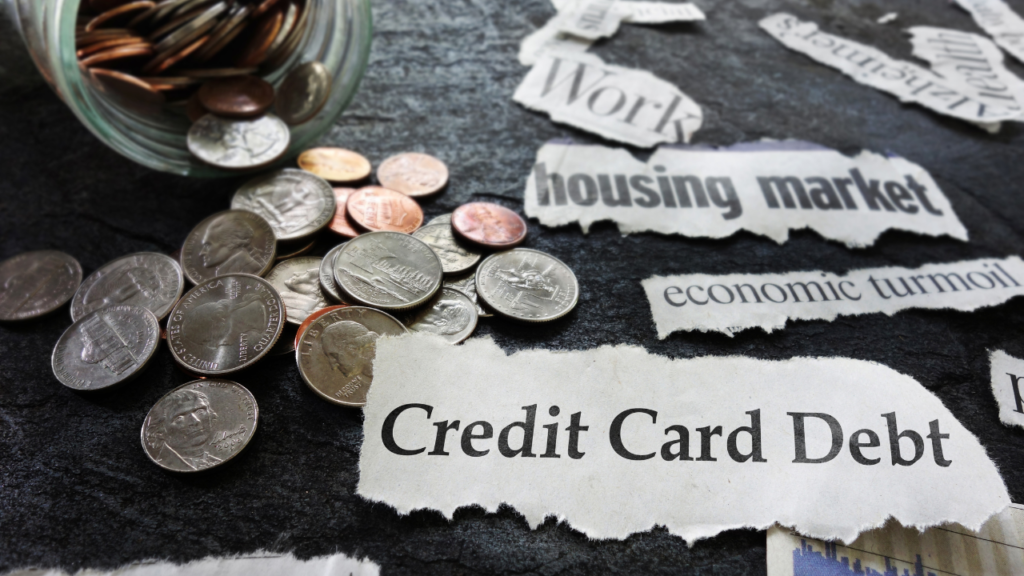
BOOST YOUR CREDIT SCORE
Securing a low interest rate from your lender might help you save a tonne of money in the long term whether you’re borrowing money to go through a tough time, refinancing existing debt, or making a purchase like a home or car. Working now to raise your credit score is crucial because lenders sometimes base loan rates in large part on your credit score.
A few steps are necessary to raise your credit score:
- Paying all of your payments on time is the first and most crucial step. A credit score is based in part on a person’s payment history, and even one missed EMI on a loan or credit card account may have a major impact on your score. A decrease of up to 180 points might happen if a payment is missed by 90 days or more.
- Second, don’t make heavy use of the credit you have available on your credit cards. A high credit utilisation ratio, which is the result of maxing out your cards, lowers your credit score as well. For each card individually as well as collectively across all of your card accounts, try to maintain your credit card balances at 20% or less of your card limits.
- Finally, refrain from requesting many credit cards at once. Each loan application triggers a hard inquiry, which lowers your credit score if there are several in a short period of time.
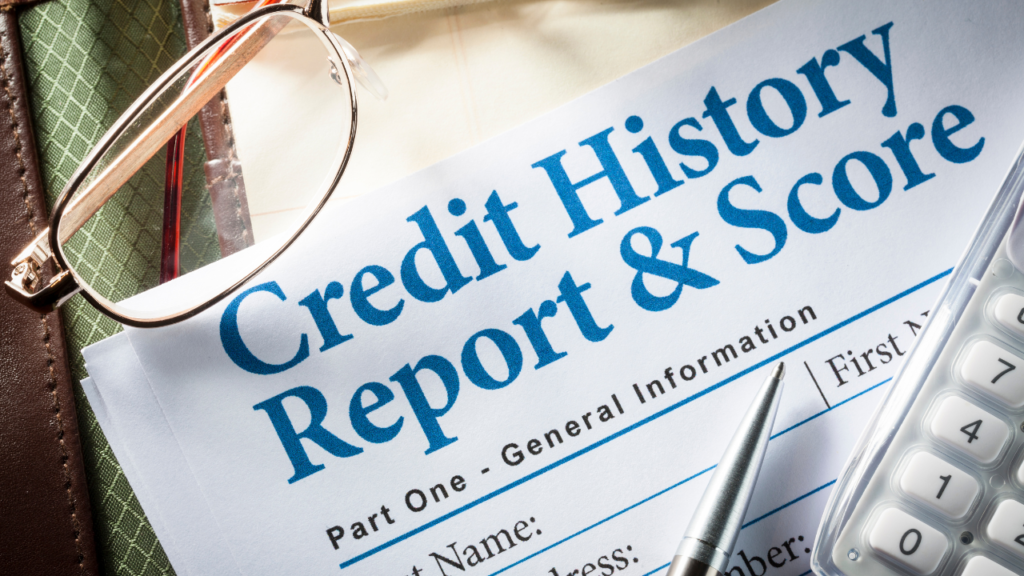
Also, you should frequently review your credit reports to make sure there are no frauds or inaccuracies that might harm your credit score. If you notice credit accounts that you don’t recognise, false information about your current accounts, or any other warning signs, submit a complaint with each agency reporting the incorrect information and get in touch with the lender or other institution that gave it.
FOCUS ON YOUR RETIREMENT
Try to continue making contributions to your retirement funds if you haven’t already started. Any money you lay up now, especially for young individuals whose retirement is several years away, can profit tremendously from the stock market’s long-term rise. Maximize your Employee Provident Fund contribution as much as possible.
If you want to retire soon, determine how much money you have saved for retirement and if it makes sense to continue working. This is especially important because your portfolio holdings may drop during economic downturns (though this may be temporary in nature).
Whenever the stock market is declining, retirees may need to adjust their account withdrawal plans. The Economic downturn of 2007–2009 taught us that the sequence of returns is extremely important. The danger of running out of money in retirement if you withdraw funds from your portfolio while it is depreciating due to a market downturn is known as the “sequence of returns risk.” This might dramatically reduce your retirement savings, leaving you with less money to generate growth when the markets rebound.
In order to prevent selling investments during a bear market, retirees or those who are less than five years away from retiring should carry 24 to 30 months’ equivalent of living costs in cash or in liquid funds.
START A SIDE HUSTLE OR A FULL-TIME BUSINESS
A limited budget can be made more flexible by establishing an additional source of income. Even if you’re not ready to start a side business yet, look into your choices right now.

You might also use your professional abilities. If you’re a teacher or an expert in a certain area, think about tutoring. This is an essential service for children who have struggled in school. You might be able to locate businesses keen to recruit freelancers if you have talents in marketing, technology, consulting, legal, accounting, engineering, human resources, or other fields. Professional freelance platforms are rapidly expanding. Freelance jobs sometimes grow during a recession as employers hesitate to hire permanent staff.
During a recession, it might be difficult to launch a new business. Getting start-up finance is challenging, and based on the business, building a client base may be even more challenging since people become more frugal with their money. Even so, there are possibilities for business owners during recessions. In a slump, fewer individuals open businesses, which mean there is less rivalry than there otherwise would be. Also, companies often cut back on new offerings and products during recessions. This makes it possible for new business owners to highlight their own concepts or products.
Conclusion
A recession will inevitably occur during an economic cycle. These could be unanticipated and potentially have a big effect on lots of individuals. Yet, as was already mentioned, economic downturns are not always the end of the world. Having a strategy is essential for weathering a recession. You can go through the challenging times and emerge stronger than ever if you have a strategy. You must have a plan in place for how you will reduce expenses, boost earnings, and endure the adverse conditions.
Check out my other blogpost on how investors should approach a market downturn.
Do Follow me on Linkedin and Quora for more such insightful posts on investments, personal finance, insurance, money management, etc.

